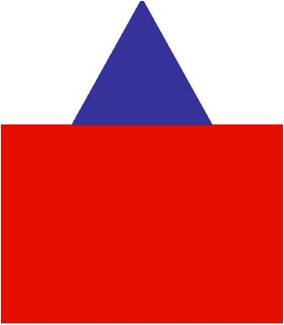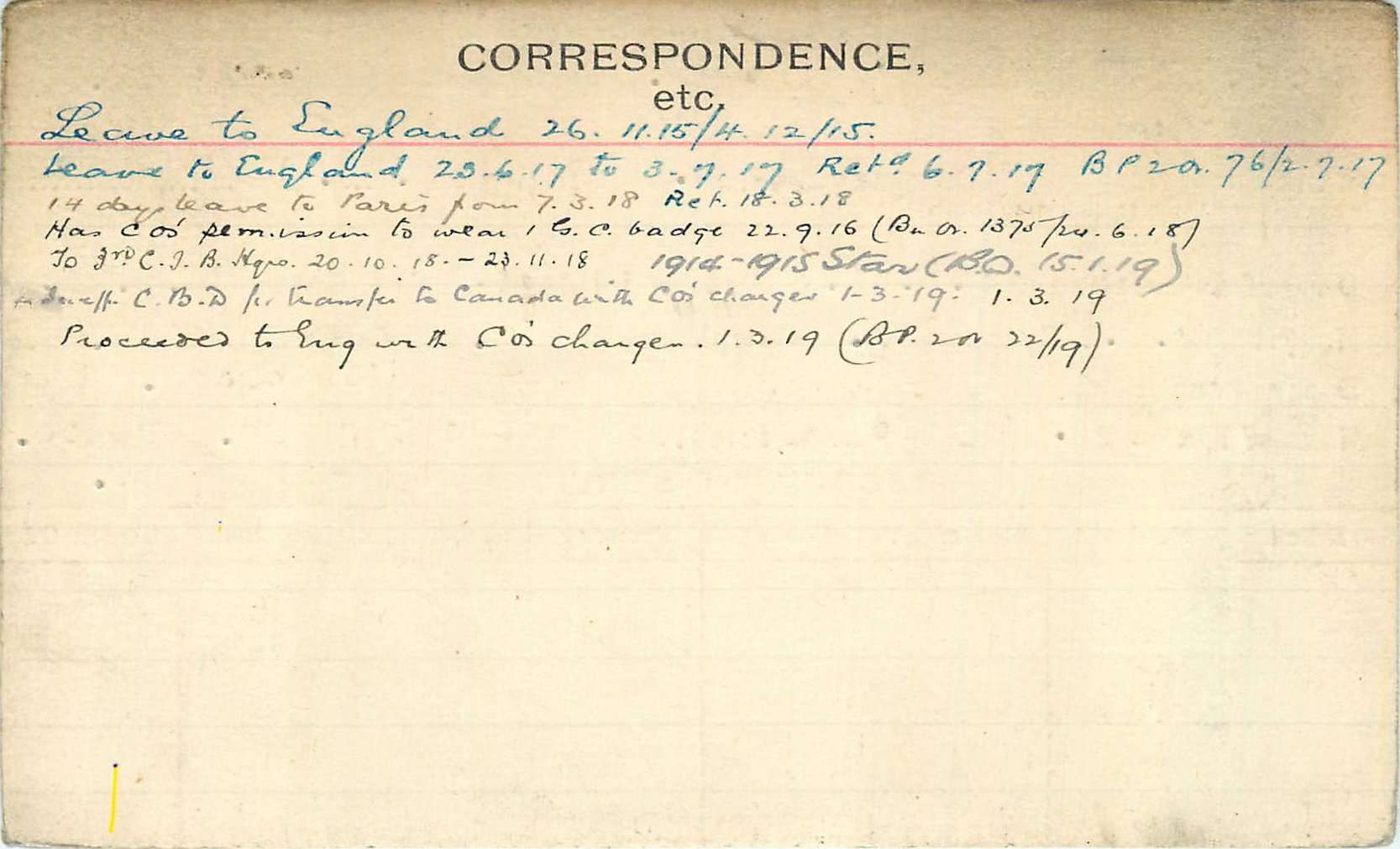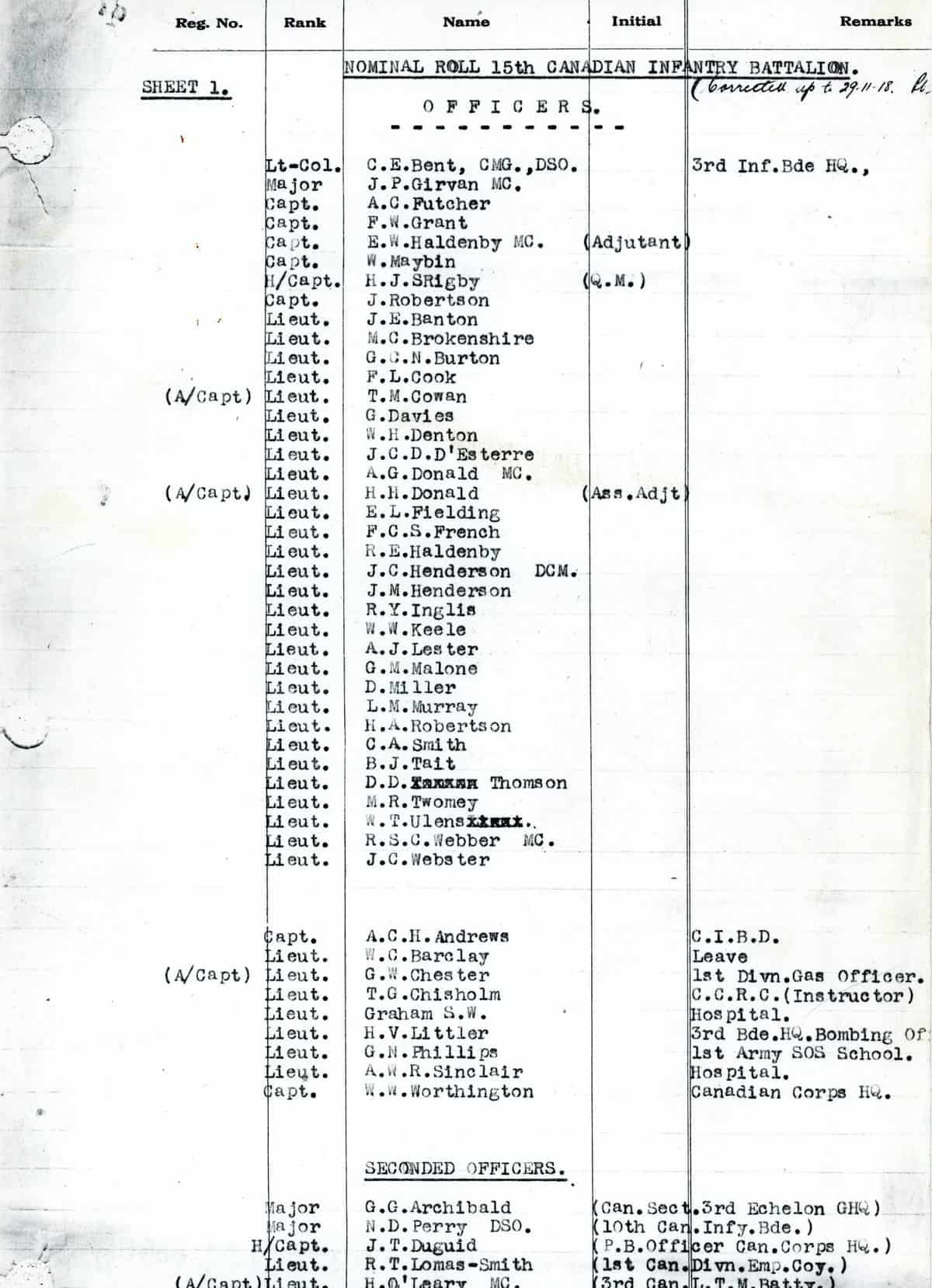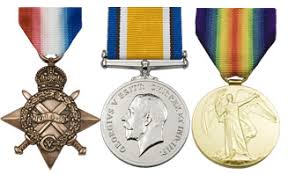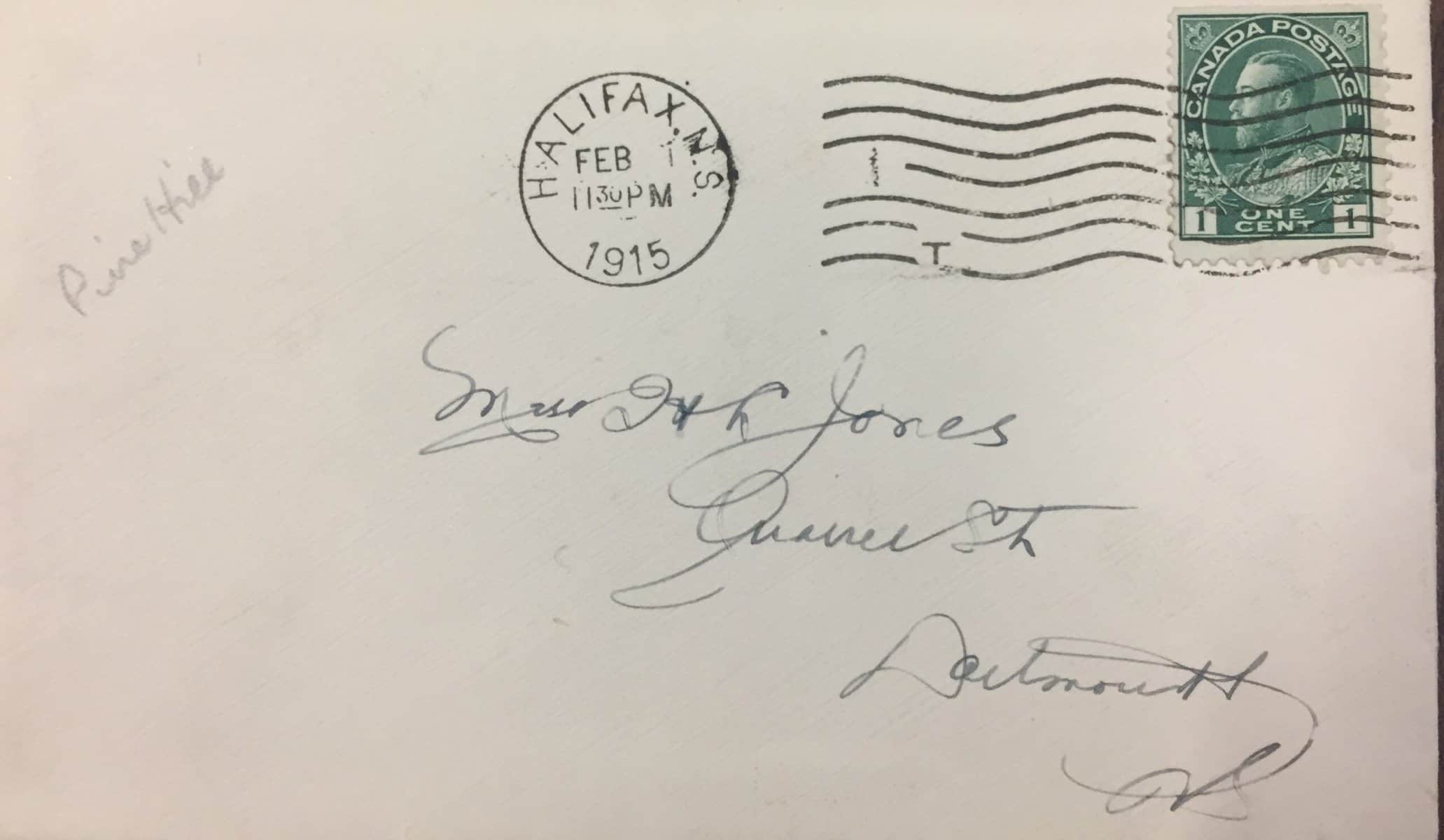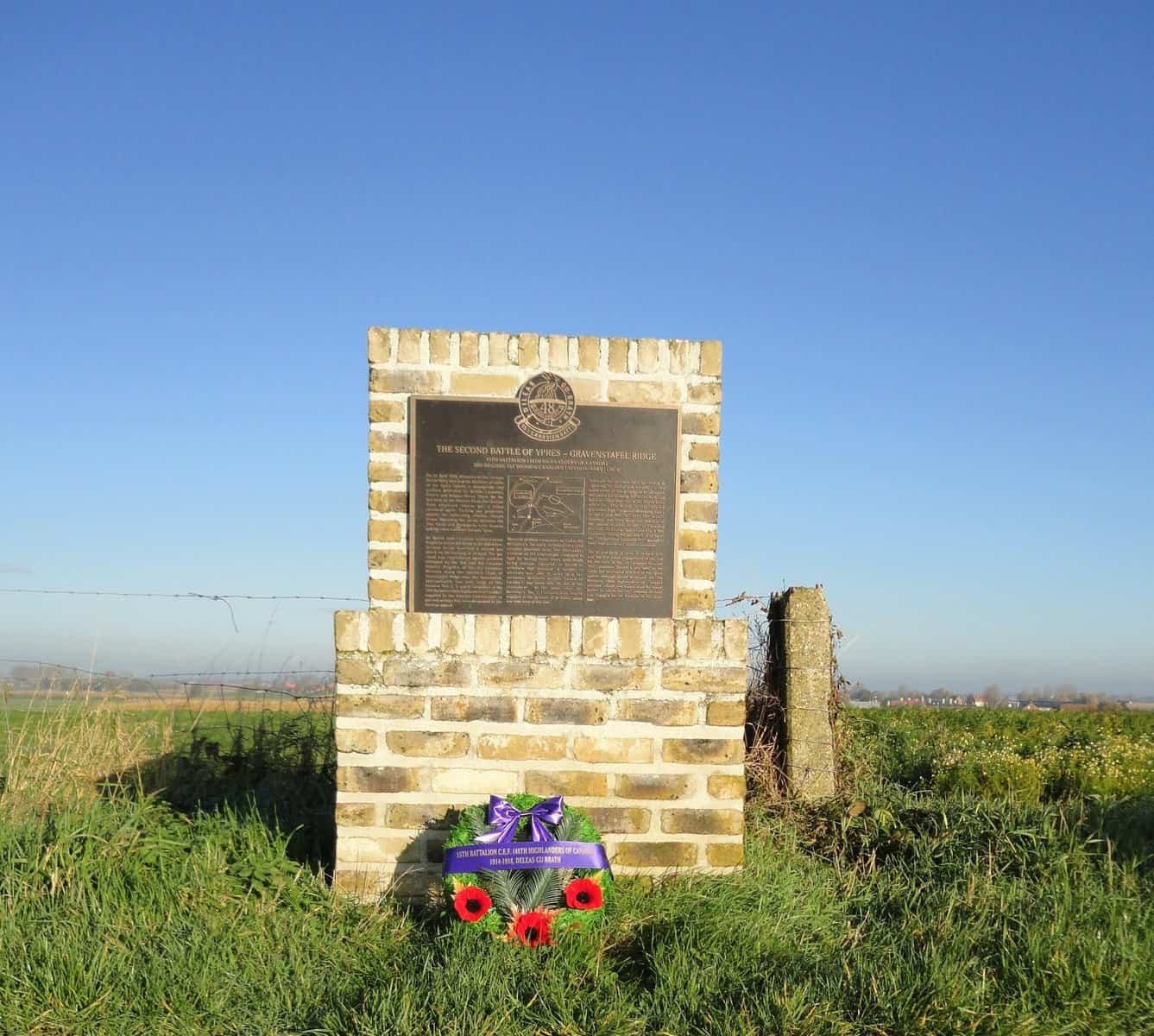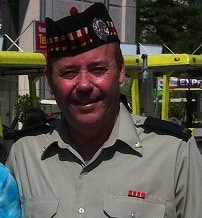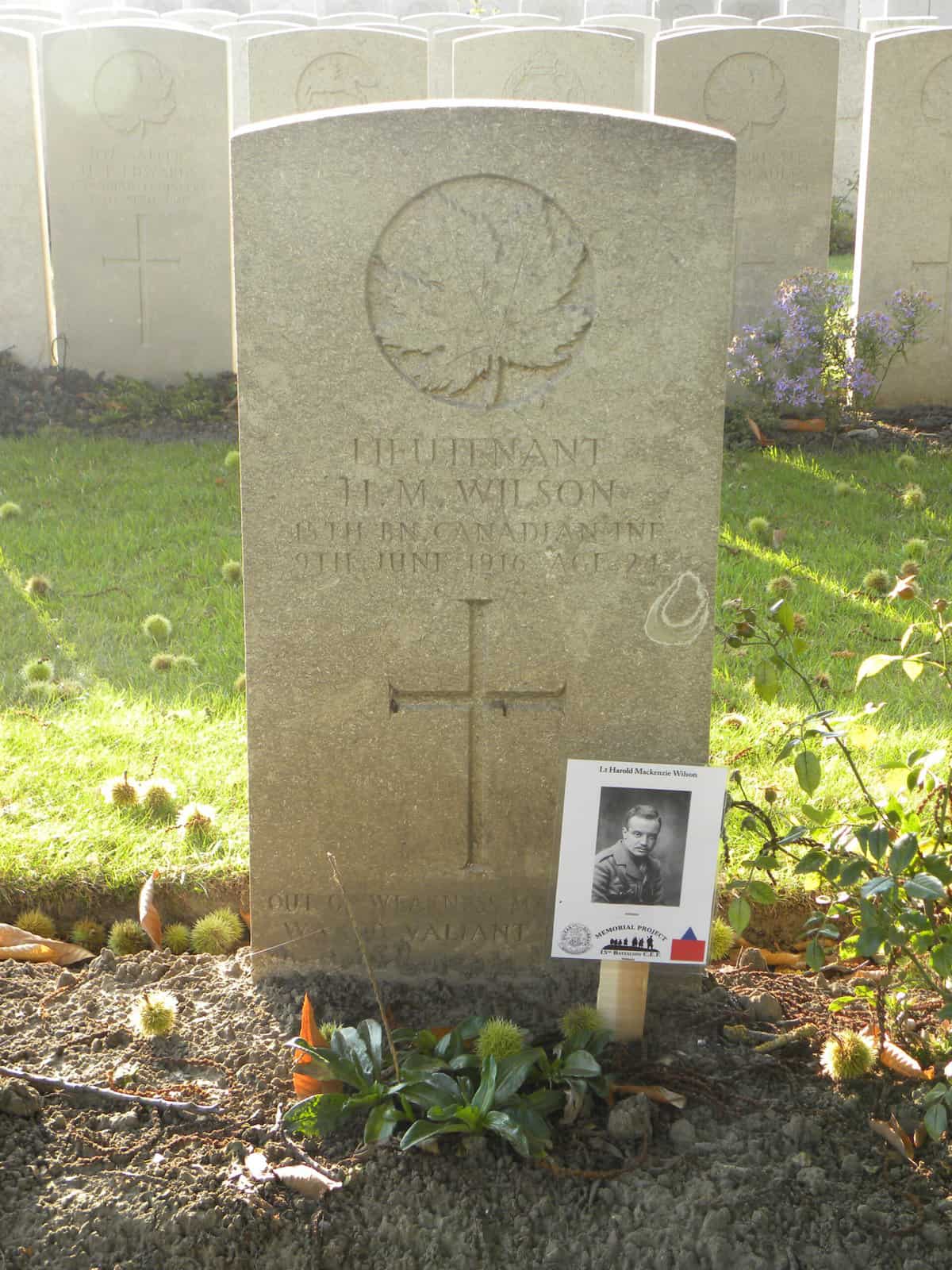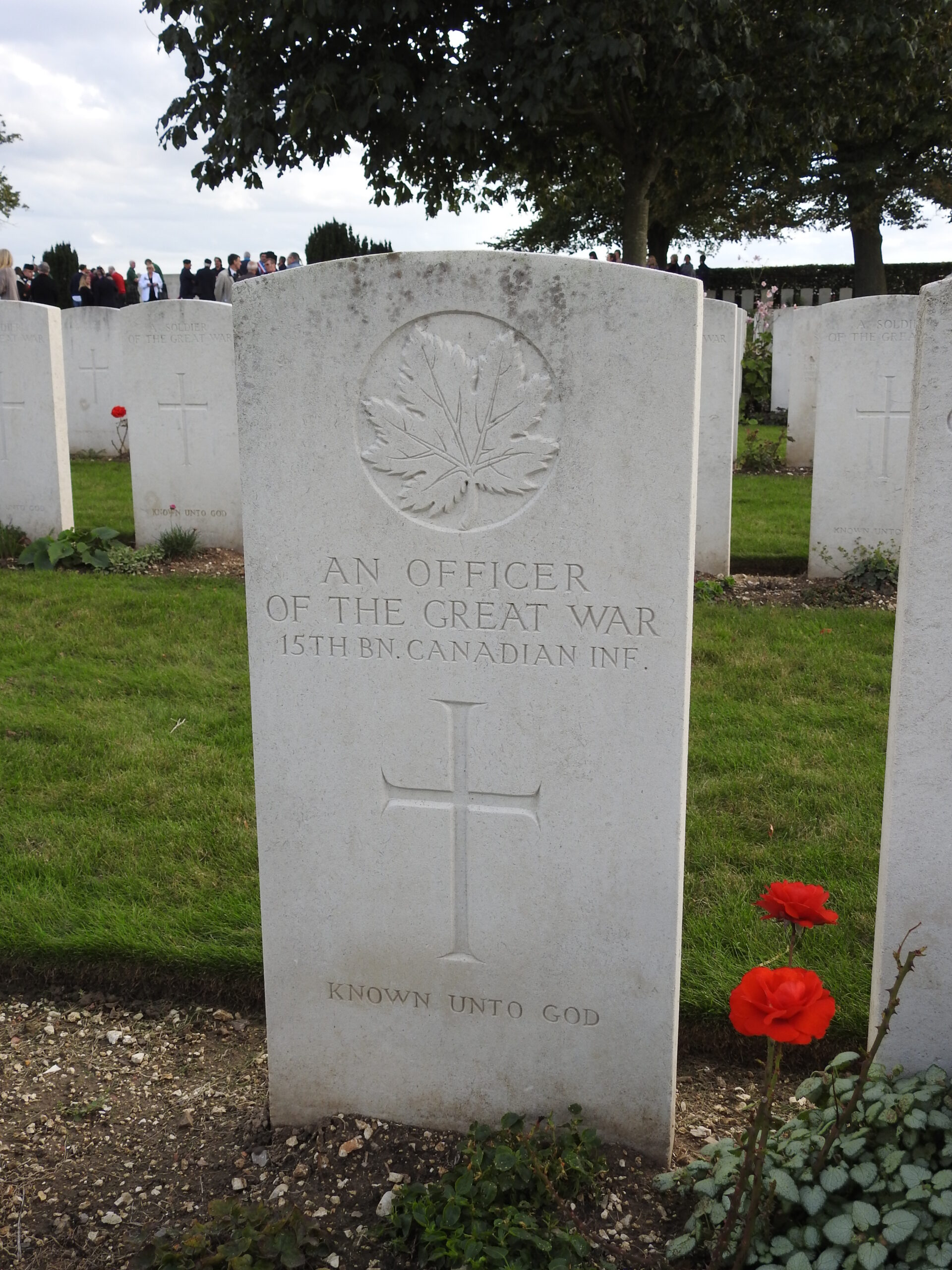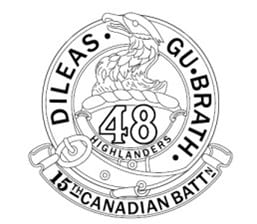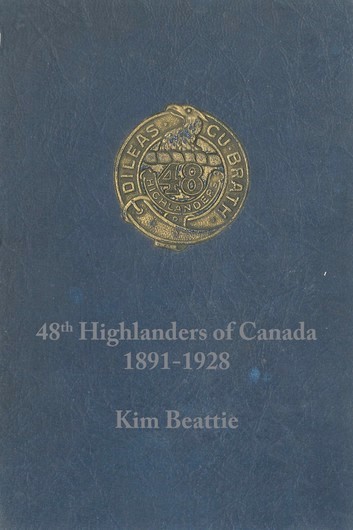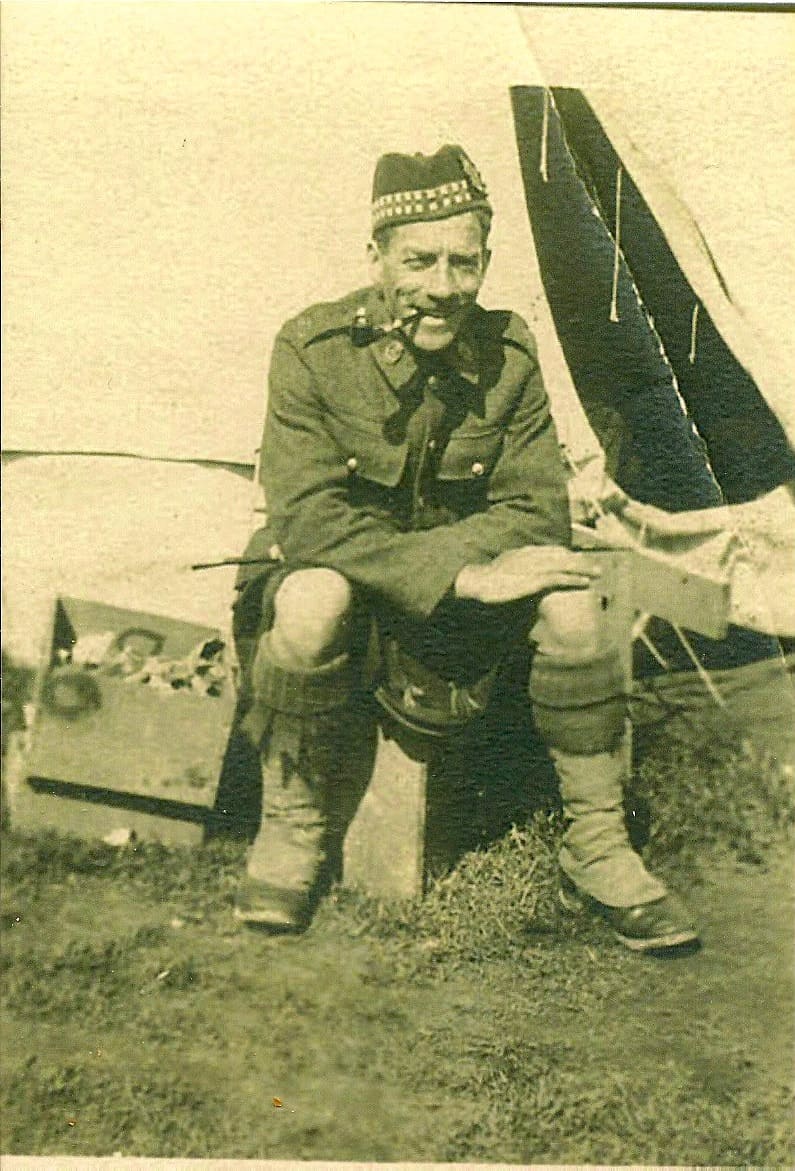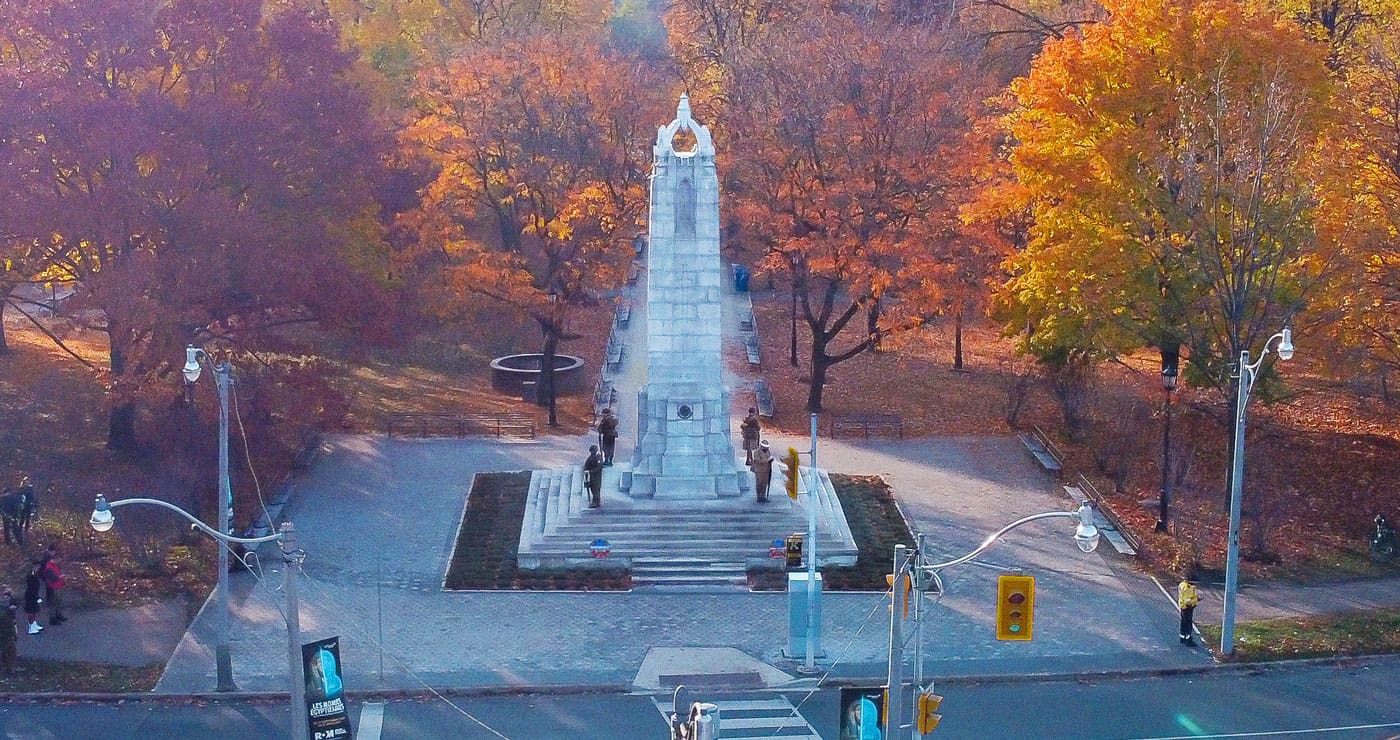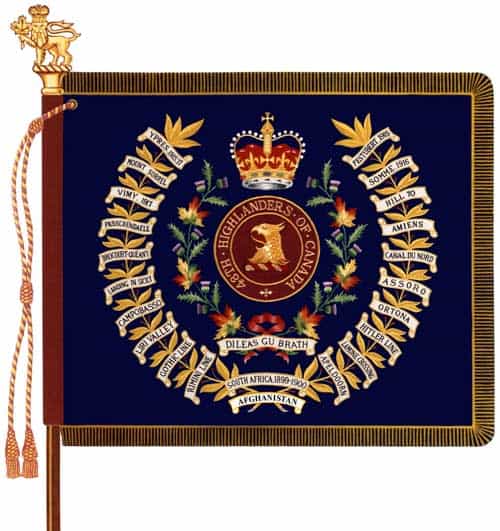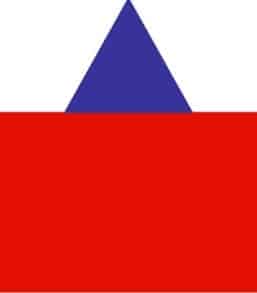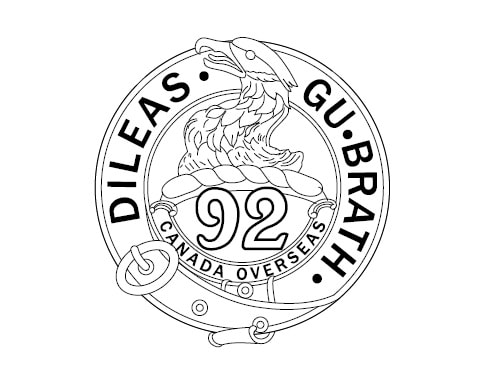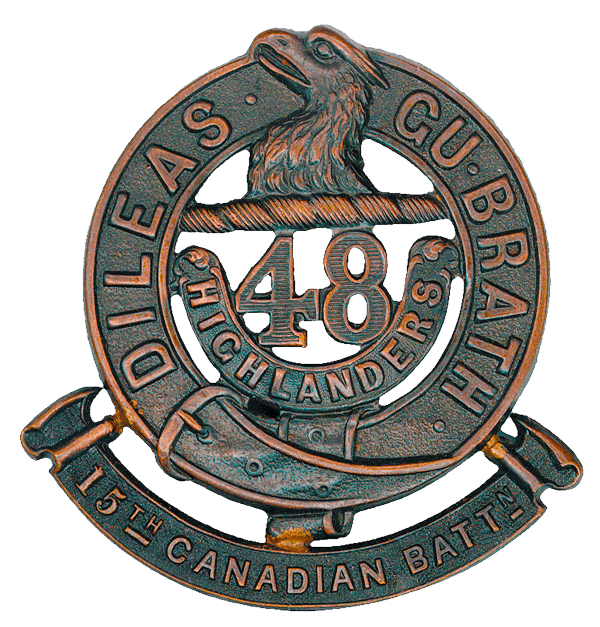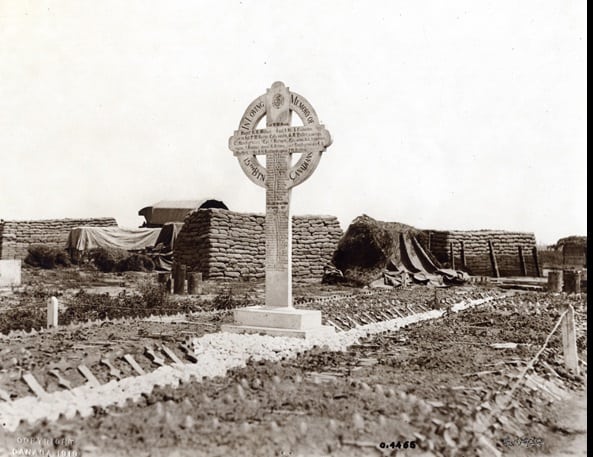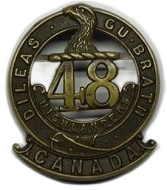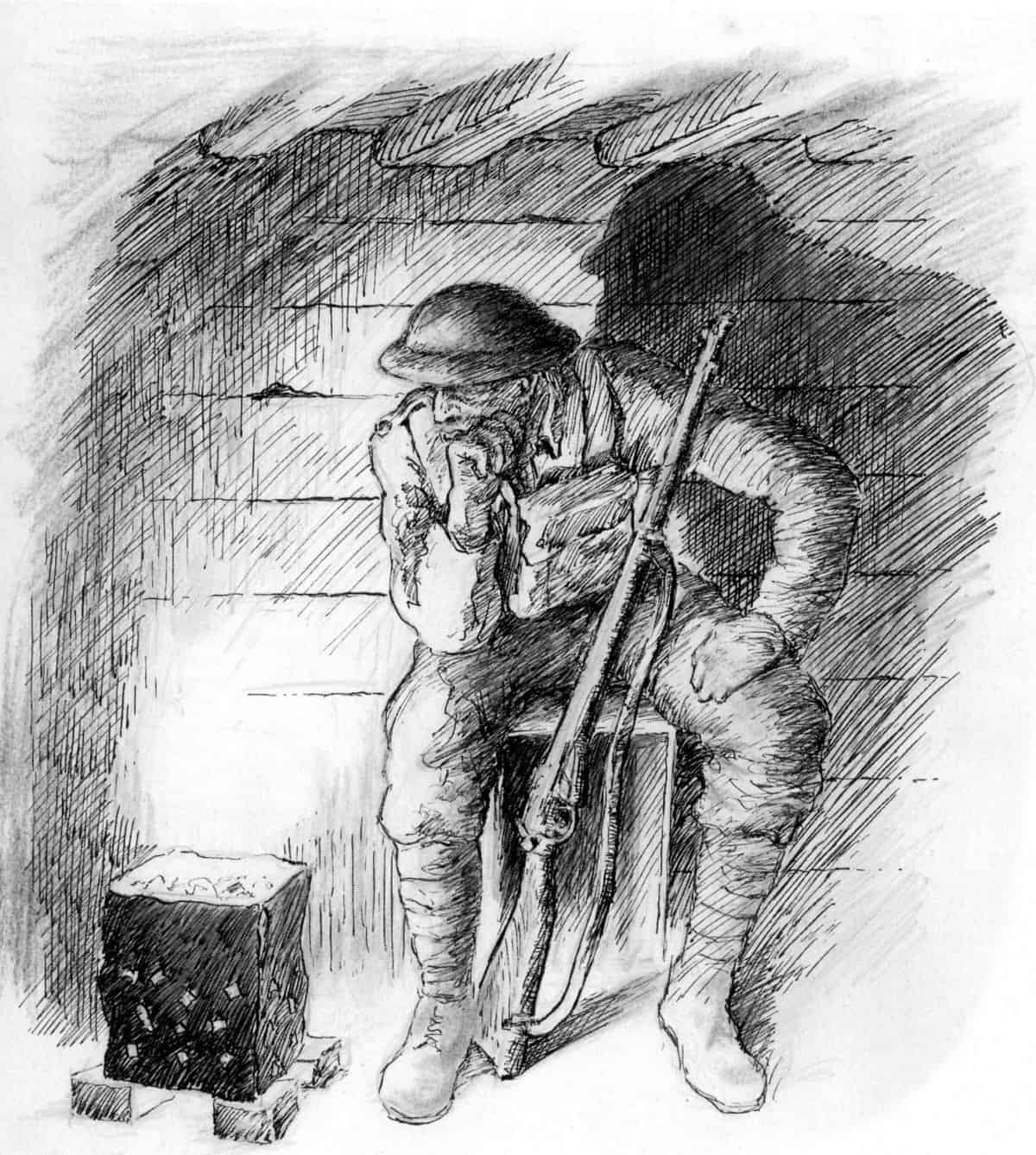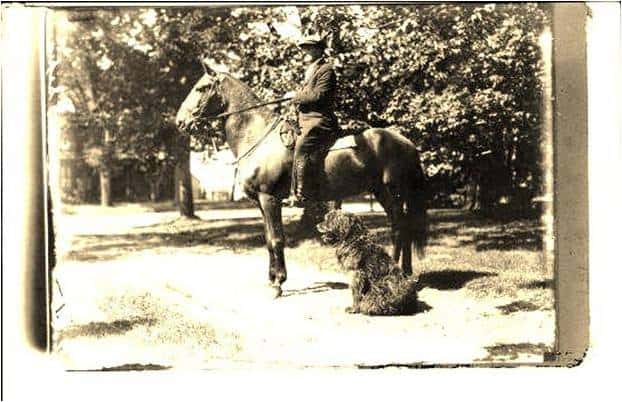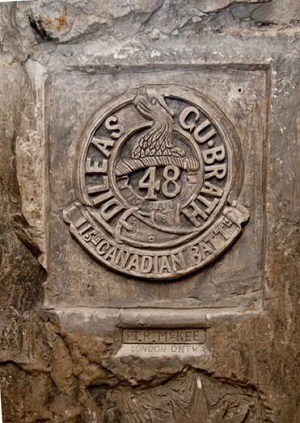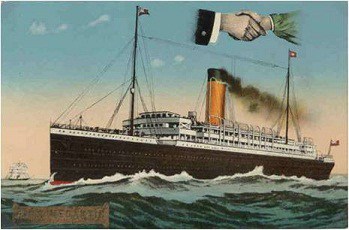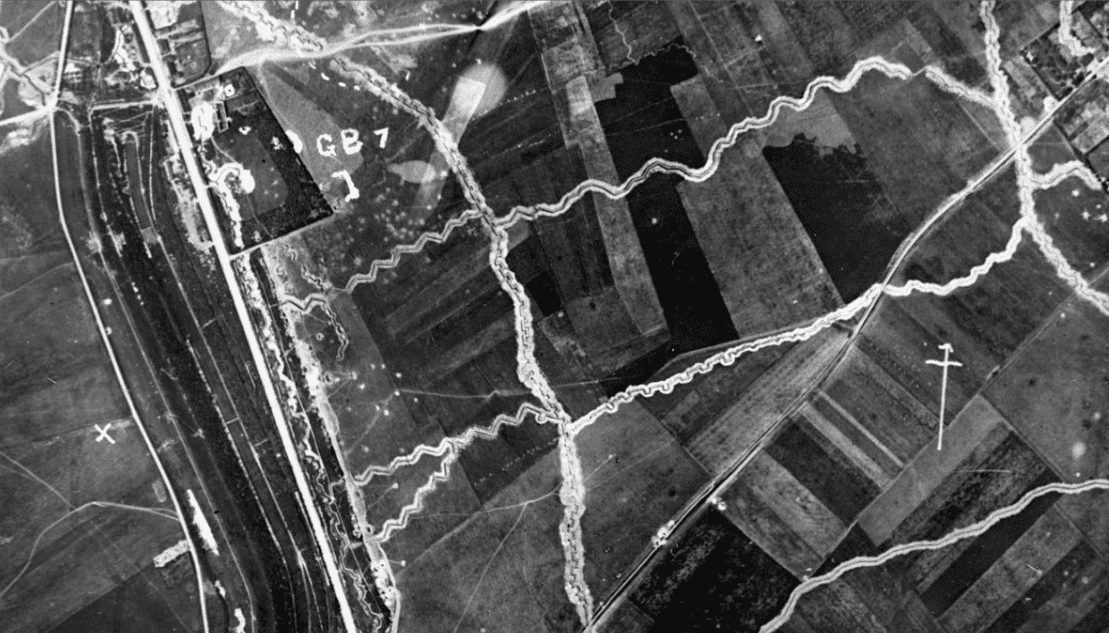A Russian horse who may have inspired the popular play War Horse and his Belgian canine companion are two of the First World War veterans Parks Canada is highlighting with an exhibit on Citadel Hill in Halifax.
Fritz the horse and Bruno the dog were both service animals in the war. Bruno served as a mascot for the 15th battalion (48th Highlanders) and Fritz as a horse for three different countries.
“We tend to forget how many animals were in service in the First World War,” Hal Thompson, visitor experience officer with Parks Canada, told CBC’s Information Morning.
Mascots popular
Thompson said many battalions fighting in the war adopted animals as mascots, such as a Nova Scotia battalion who adopted a goat, or, most famously, Fort Garry Horse’s regimental mascot Winnie the bear, who went on to inspire the children’s book character Winnie-the-Pooh.
Bruno, described by the battalion as “a sheepdog of unknown origin,” was picked up as a stray puppy in Belgium by the 15th battalion, Thompson said.
Originally the companion of the battalion’s commander Col. William Marshall, Bruno attached himself to the battalion’s new leader, Charles Bent of Pugwash, after Marshall was killed.
‘The horse that changed sides’
Bent went on to adopt Fritz in the final 100 days of the war, after a confused German officer accidentally rode the horse into Canadian lines, thinking that the recently captured Canadian position was still German territory.
Before his tenure as a German mount, the horse had belonged to the Russians. It was this repeated change in ownership — and the horse’s happy ending — that has led some to believe he’s the inspiration for the play, and subsequent film, War Horse, said Thompson.
Ended up literally in Paradise
“It is the horse that changed sides three times, and a working animal that had a just reward in a lovely pastoral setting eventually.”
Following the war, many service animals were left in Europe or, in some cases, killed. But Bent brought Fritz and Bruno back to Nova Scotia, where they lived out their days on a farm in Paradise.
“They’re both buried there,” said Thompson. “They’re still there.”

